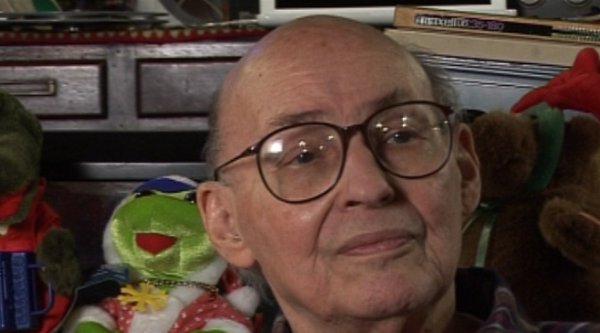In the '70s I had this description in Steps Toward Artificial Intelligence of four or five fields, of pattern recognition and what are we going to replace... what kind of reasoning should we use instead of logic and things like that. Then by the 1980s, working with Seymour Papert, we developed the view that... doesn’t seem very radical now, but the idea was: Psychology should not aim to be like physics, because in physics... the great progress in physics was a series of miracles where it turned out that things that looked very complicated could actually be almost completely explained by three laws of Newton or four laws of Maxwell and this was a revelation that... that a set of equations that would fit on one page could describe such an enormous fraction of all the things that... that were going on in the world. Of course they couldn’t describe particular things, but these were properties that all those things shared and the view that Papert and I started to develop was that psychology was different from that and that we had many different ways to think. So instead of trying to find, what are the basic principles of thinking... we would ask: What are the hundred most useful ways of thinking and how do they relate and what... what manages them, how do you decide which way to think when you’re in a situation? Should you think about the thing mathematically? Should you think about it as a set of... like a model of a human society of different things interacting with different goals and so forth? And Papert and I developed what we called the Society of Mind idea, which is that we’re not looking for a single theory of psychology, but we’re looking for something like a dozen or a hundred or nobody knows yet how many different ways of thinking are there and then once you have that idea clearly that sometimes you’re going to use logic, sometimes you’re going to use analogy, sometimes you’re going to use trial and error of some sort, all these different methods, then what manages them? Is there a next level which keeps track of which methods have been working on this kind of problem? What kind of problem is this? Is... should I change my way of describing the problem so that different methods get activated?
And we began to get this picture that what psychology needed is something more like an administrative theory than like the old theories. The old theories were very, very simple, they said: How does memory work? Well, the things that happened most recently are remembered most clearly. If there’s a long series of things, you remember the things at the beginning and the end more clearly and you lose the things in the middle. And people began to try to describe memory in terms of four or five laws. Well there was one psychologist named Hull who got good at that, but he discovered that, after a while, he had... he had something like 120 laws by the time he gave up and said: 'No, it’s not like physics, these other behavioral... these Newton like psychologists aren’t getting anywhere, I’m getting somewhere, but I can’t keep track now, it’s gotten too big.'






